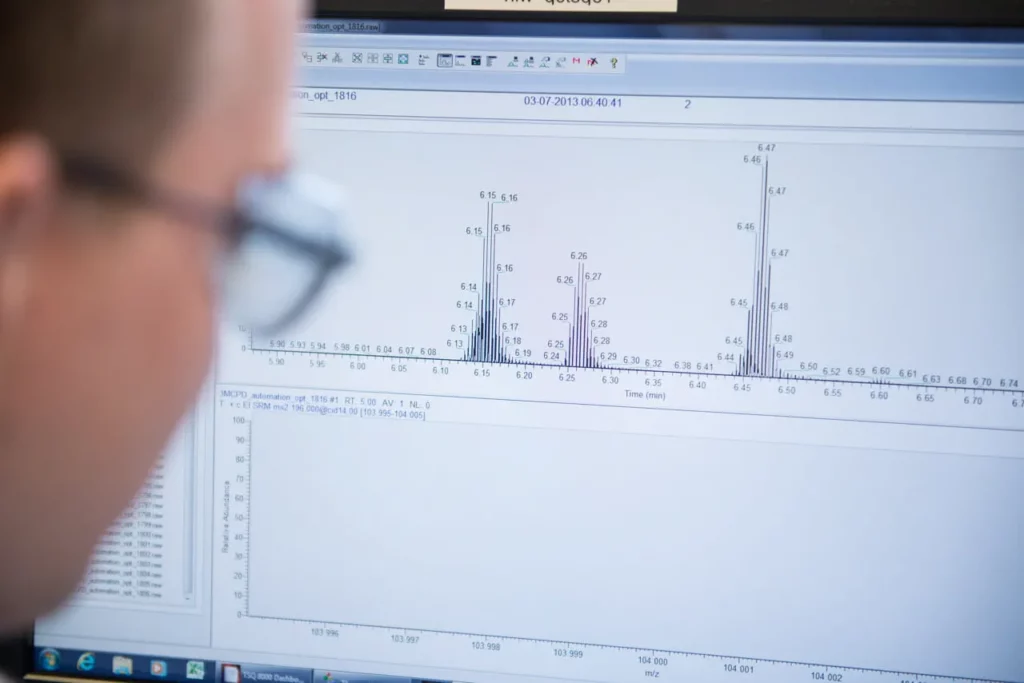How Food Safety Software Solutions Improve Quality Control
In the ever-evolving food industry, maintaining high standards of quality control is paramount. As consumers become increasingly aware of food safety issues, companies are under pressure to ensure that their products are not only safe but also of the highest quality. Food safety software solutions have emerged as indispensable tools that can significantly enhance quality control processes across the food supply chain. This article delves into how these technological advancements are transforming the landscape of food safety and quality assurance.
The Importance of Quality Control in Food Safety
Quality control in the food industry is not merely a regulatory requirement; it is a fundamental aspect of building consumer trust and brand loyalty. When food products are not up to standard, the consequences can be dire, ranging from health risks to significant financial losses.
Food safety software solutions are revolutionising the way quality control is managed in the food industry. By enhancing traceability, streamlining processes, and providing valuable data analytics, these solutions empower companies to uphold the highest standards of safety and quality. As consumer expectations continue to rise and regulatory demands become more stringent, investing in food safety software is not just a smart choice; it is an essential strategy for success in the competitive food market.
Consumer Expectations
Today’s consumers are well-informed and demand transparency regarding the food they consume. They expect products to be safe, nutritious, and free from contaminants. A lapse in quality control can lead to recalls, damaged reputations, and a loss of consumer confidence.
Moreover, the rise of social media has amplified consumer voices, allowing them to share their experiences—both positive and negative—at an unprecedented scale. A single incident of food contamination can quickly escalate into a public relations nightmare, as consumers take to platforms like Twitter and Instagram to express their dissatisfaction. This not only affects the immediate brand involved but can also have ripple effects throughout the industry, as consumers become more wary of similar products. Consequently, companies must invest in robust quality control measures not just to meet regulatory standards, but to safeguard their reputation and maintain a loyal customer base.
Read about compliance software at: Food safety compliance software for audit readiness
Regulatory Compliance
Food safety regulations are stringent and vary across regions. Companies must comply with local and international standards to avoid legal repercussions. Quality control processes are essential for ensuring compliance, and failure to adhere can result in severe penalties.
In addition to legal compliance, quality control systems also help in fostering a culture of safety within the organisation. Training staff to understand the importance of these regulations ensures that everyone, from the production line to management, is aligned with the company’s commitment to quality. Regular audits and inspections not only verify compliance but also highlight areas for improvement, enabling companies to proactively address potential issues before they escalate. This continuous improvement approach not only enhances product quality but also contributes to a safer food supply chain overall, benefiting both producers and consumers alike.

What Are Food Safety Software Solutions?
Food safety software solutions encompass a range of applications designed to streamline and enhance quality control processes. These tools can assist with everything from tracking ingredients to monitoring production processes and ensuring compliance with safety regulations. Read more about ingredients at https://www.urmc.rochester.edu/encyclopedia/content?contenttypeid=1&contentid=1169
Types of Food Safety Software
There are several types of food safety software solutions available, each tailored to meet specific needs within the food supply chain. Some common types include:
- Inventory Management Systems: These systems help track ingredients and finished products, ensuring that stock levels are maintained and that products are used before their expiration dates.
- Quality Management Systems (QMS): QMS solutions focus on monitoring quality metrics and ensuring that products meet established standards throughout the production process.
- Compliance Management Software: This type of software assists companies in adhering to regulatory requirements by providing tools for documentation, audits, and reporting.
Integration with Existing Systems
One of the significant advantages of food safety software solutions is their ability to integrate with existing systems. This integration allows for seamless data sharing and communication between different departments, enhancing overall efficiency and effectiveness in quality control.
Enhancing Traceability and Transparency
Traceability is a critical aspect of food safety. In the event of a contamination issue, companies must be able to trace the source of the problem quickly. Food safety software solutions enhance traceability by providing real-time data on the movement of ingredients and products throughout the supply chain.
Real-Time Data Tracking
With the implementation of food safety software, companies can track every ingredient from farm to fork. This real-time data tracking enables businesses to identify potential issues before they escalate, allowing for swift corrective actions.
Improved Transparency for Consumers
Transparency is increasingly important to consumers, who want to know where their food comes from and how it is produced. Food safety software solutions can provide consumers with access to product information, including sourcing details and safety records, thereby fostering trust and loyalty.
Streamlining Quality Control Processes
Efficiency is key in the food industry, and food safety software solutions can streamline quality control processes, reducing the time and resources required for monitoring and compliance.

Automated Reporting
Manual reporting can be time-consuming and prone to errors. Food safety software automates the reporting process, generating accurate reports quickly and easily. This automation not only saves time but also ensures that data is consistent and reliable.
Standard Operating Procedures (SOPs)
Food safety software solutions can help organisations develop, implement, and monitor Standard Operating Procedures (SOPs). By digitising SOPs, companies can ensure that all employees have access to the latest protocols, reducing the risk of human error and enhancing compliance. Click here to find more about risk.
Data Analytics for Continuous Improvement
Data analytics is a powerful tool that can drive continuous improvement in quality control processes. Food safety software solutions often come equipped with analytics capabilities that allow companies to analyse trends, identify areas for improvement, and make informed decisions.
Identifying Patterns and Trends
By analysing historical data, companies can identify patterns and trends that may indicate potential quality issues. For instance, if a particular supplier consistently provides ingredients that do not meet quality standards, businesses can take proactive measures to address the situation.
Benchmarking Performance
Food safety software solutions also enable companies to benchmark their performance against industry standards and competitors. This benchmarking can highlight areas where improvements are needed, driving organisations to continually enhance their quality control processes.
Enhancing Training and Employee Engagement
Training is a critical component of effective quality control in the food industry. Food safety software solutions can facilitate training and improve employee engagement, ensuring that staff are well-equipped to uphold quality standards.
Interactive Training Modules
Many food safety software solutions offer interactive training modules that can be accessed by employees at any time. These modules can cover various topics, from food safety regulations to best practices for handling ingredients, ensuring that all staff are knowledgeable and compliant.
Employee Feedback and Involvement
Engaging employees in the quality control process is essential for fostering a culture of safety and quality. Food safety software can include features that allow employees to provide feedback on processes and suggest improvements, empowering them to take an active role in maintaining high standards.
Cost-Effectiveness of Food Safety Software Solutions
While the initial investment in food safety software may seem significant, the long-term cost savings can be substantial. By enhancing quality control processes, companies can reduce waste, minimise recalls, and avoid costly compliance penalties.
Reducing Waste and Losses
Food safety software solutions help companies optimise their inventory management, reducing waste caused by expired or spoiled products. By ensuring that products are used within their shelf life, businesses can maximise their profits and minimise losses.
Avoiding Recalls and Legal Issues
Recalls can be financially devastating for food companies. By implementing robust quality control measures through food safety software, businesses can significantly reduce the likelihood of recalls and the associated costs. Additionally, minimising compliance issues can help avoid legal repercussions, further enhancing cost-effectiveness.
Conclusion
Ultimately, the integration of food safety software solutions can lead to improved product quality, enhanced consumer trust, and a stronger bottom line. In a world where food safety is paramount, embracing technology is the key to thriving in the ever-evolving food landscape.

